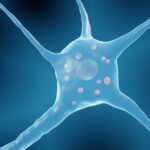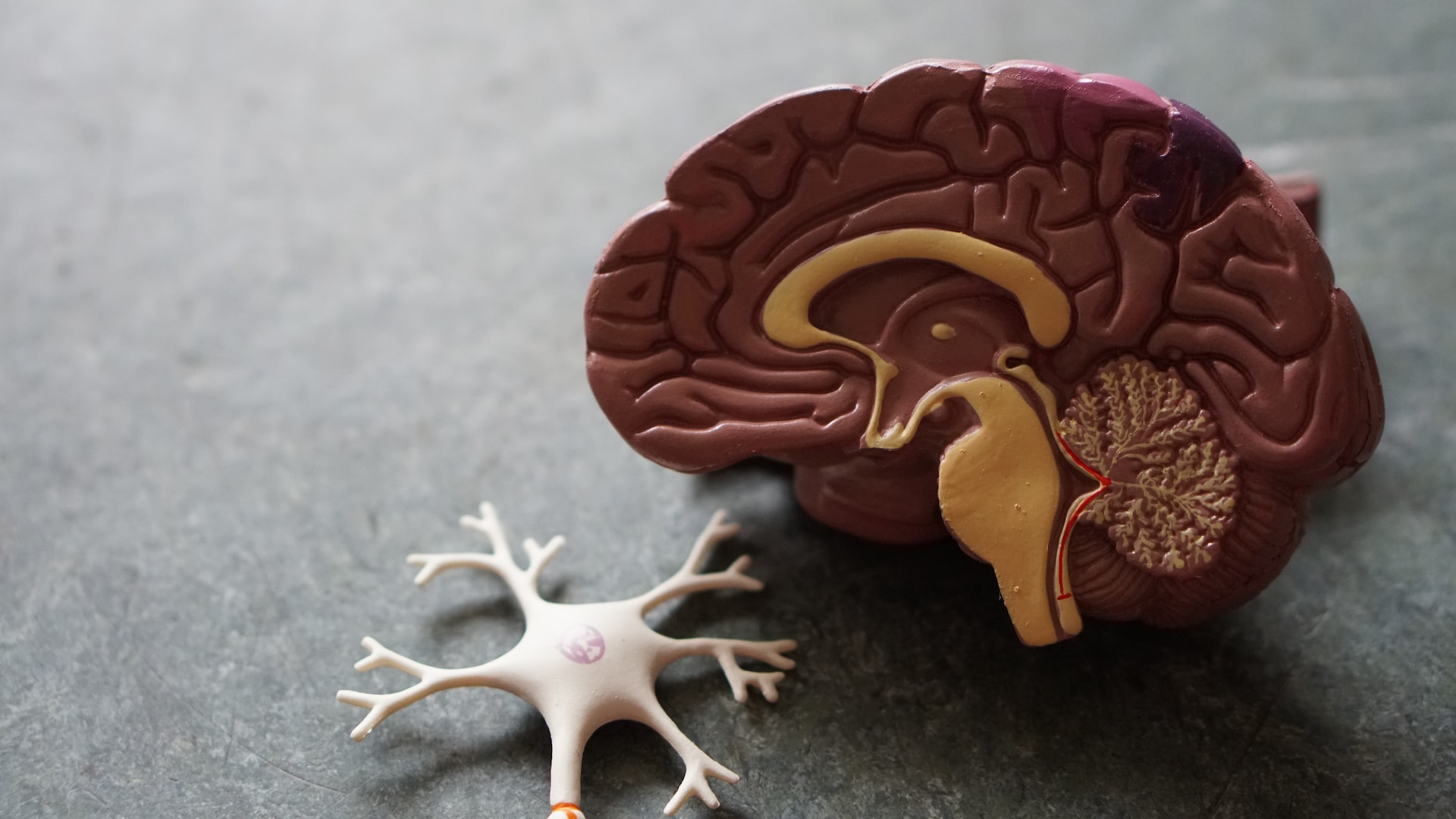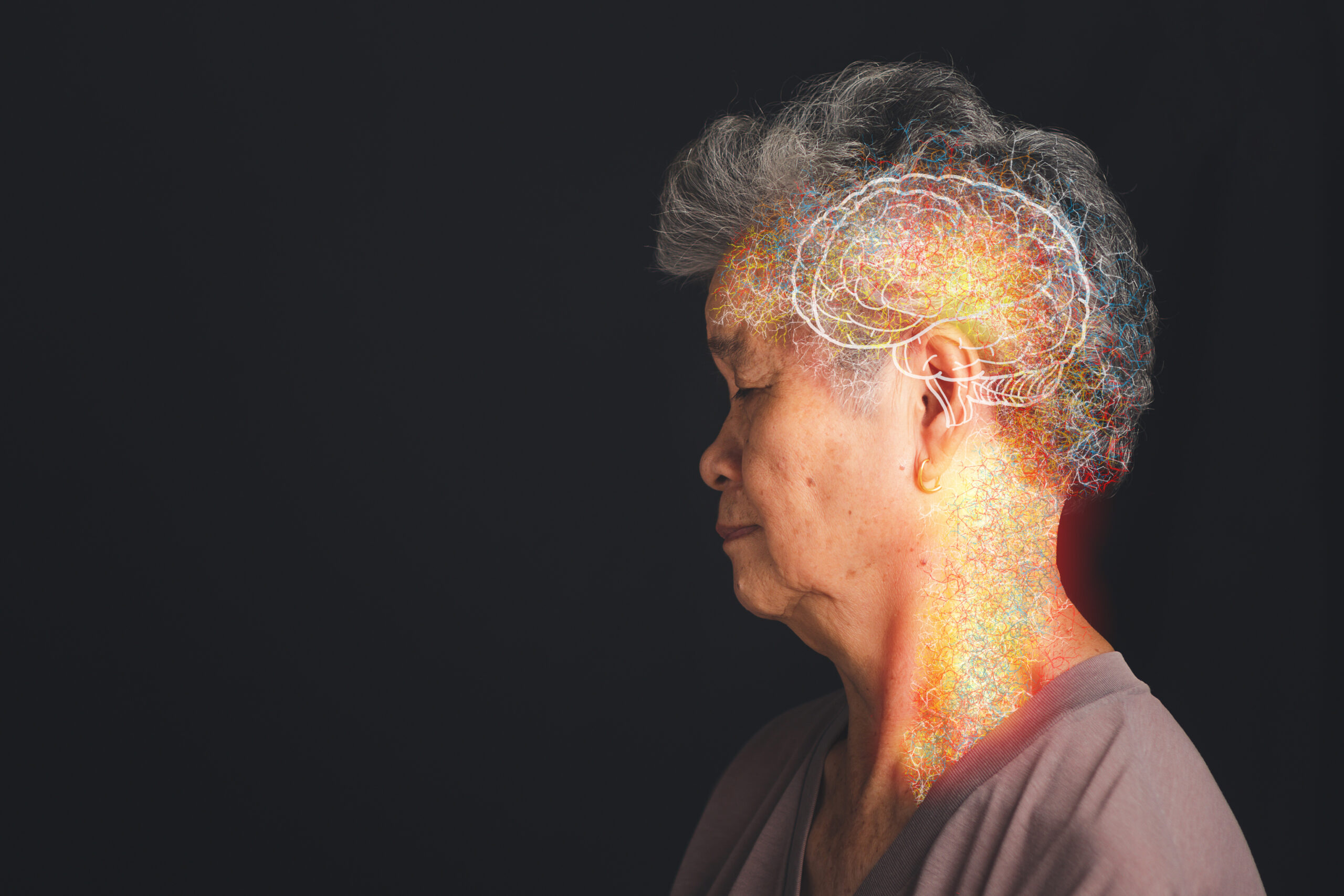
Everything You Need to Know About Flexible Work After 65
Flexible work after age 65 is becoming an increasingly popular choice for many retirees who…
Experts Stunned by Smart Toilets Detecting Disease
Experts are amazed by the rise of smart toilets that can detect diseases simply by…
You Won’t Believe How Accessible Cruise Ships Have Become
Cruise ships have come a long way in making travel on the high seas accessible…
Proven Strategy to Beating Social Isolation Online
Social isolation is a challenge many people face, especially in today’s fast-paced world where physical…
Ultimate Cheat Sheet for Forest Bathing Exercises
Forest bathing, or Shinrin Yoku, is a simple yet powerful way to connect with nature…
Breakthrough Lets Seniors Create Side Hustles in 30 Days
A new breakthrough is making it easier than ever for seniors to start their own…
Warning: The Shocking Cost of Ignoring Tax Breaks
Ignoring tax breaks can cost you far more than you might expect. Many people overlook…
Unlock the Power of Smart Home Gadgets for Safety
Smart home gadgets are changing the way we protect our homes, making safety easier and…
The Real Reason Seniors Fear Technology—and How to Fix It
Many seniors hesitate to embrace new technology, and this fear often goes beyond just not…
Stop Wasting Money—Streaming TV for Free Starts Now
Stop Wasting Money—Streaming TV for Free Starts Now If you’re tired of shelling out big…























